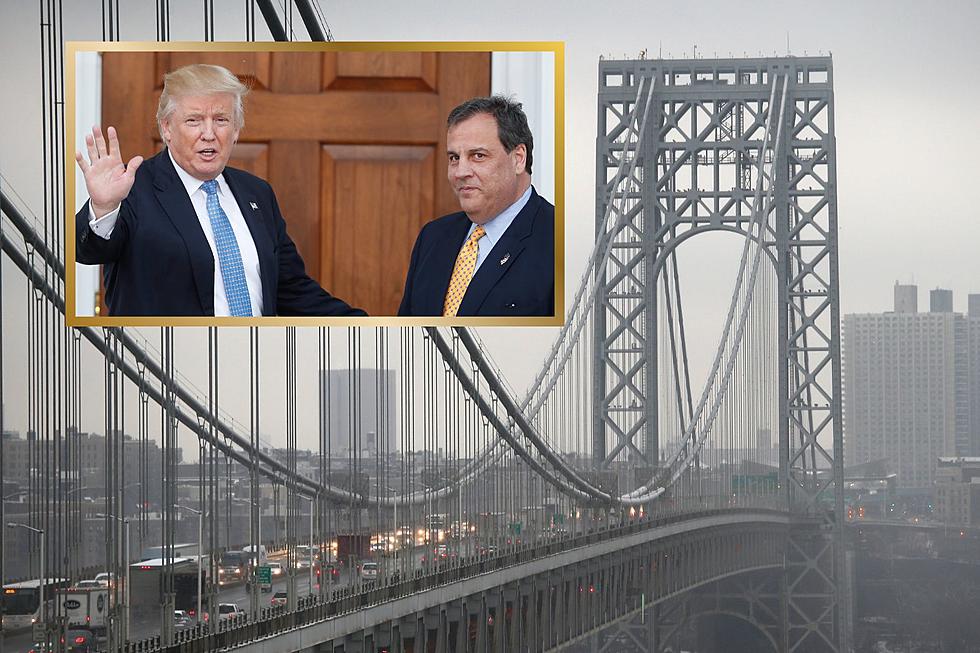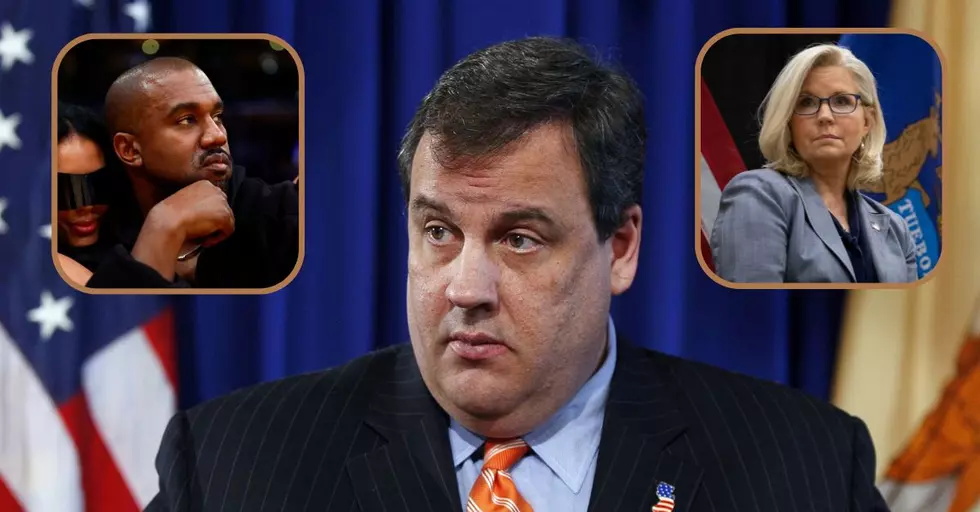
NJ residents furious at gas tax now, but will they remember when they vote?
Gov. Chris Christie continues to champion the idea of combining a 23 cents-a-gallon gas tax increase — dedicated to transportation projects in the Garden State - with a phased-in 1 percent decrease in the state sales tax, from 7 to 6 percent.
Christie held a news conference Wednesday, pointing out that members of the state Treasury Department have concluded the average New Jerseyan will actually come out ahead, saving more than they will spend, if the plan is adopted by the state Senate. The plan Christie approves was passed by the Assembly earlier this week.
Nevertheless, many Jersey residents remain strongly opposed to the plan.
Patrick Murray, director of the Monmouth University Polling Institute, believes this is happening for a combination of reasons.
He said the proposed gas tax increase – now that it’s finally been laid out and passed by the lower house – has struck an emotional chord with many people who already have a huge mistrust of government. So, they wind up thinking “this is a money grab, you really do want to use it for something else, and it just feeds this mistrust that people have, 23 cents just sounds so big in the grand scheme of things right now.”
He pointed out recent polls have shown the public understands the Transportation Trust fund is broke, and we need a major immediate infusion of money in order for road and bridge projects to continue, but we’re still seeing a strong negative reaction to the idea of hiking the gas tax.
It’s because people are convinced the money exists somewhere, it’s already there, government is not spending it wisely,” he said.
Murray noted the companion offer being made to lower the sales tax from 7 to 6 percent as a kind of offset to the proposed gas tax hike, seems to have actually backfired and made many people even more suspicious than they were before.
“People don’t trust politicians, so the fact that they say, 'Well, we’ll give you a penny back on the sales tax,' they say 'Ah-ha! You just proved to me that you had the money to begin with!' So I think it actually made it worse.”
Murray also predicted “by the time we get to the elections in 2017, most people will probably realize at that point it wasn’t that big of a hit on their wallets, so the initial reaction will die down.
"People see it was a cup of coffee that they had to forgo that week, nothing more.”
Related video:
Contact reporter David Matthau at David.Matthau@townsquaremedia.com
More From 92.7 WOBM










